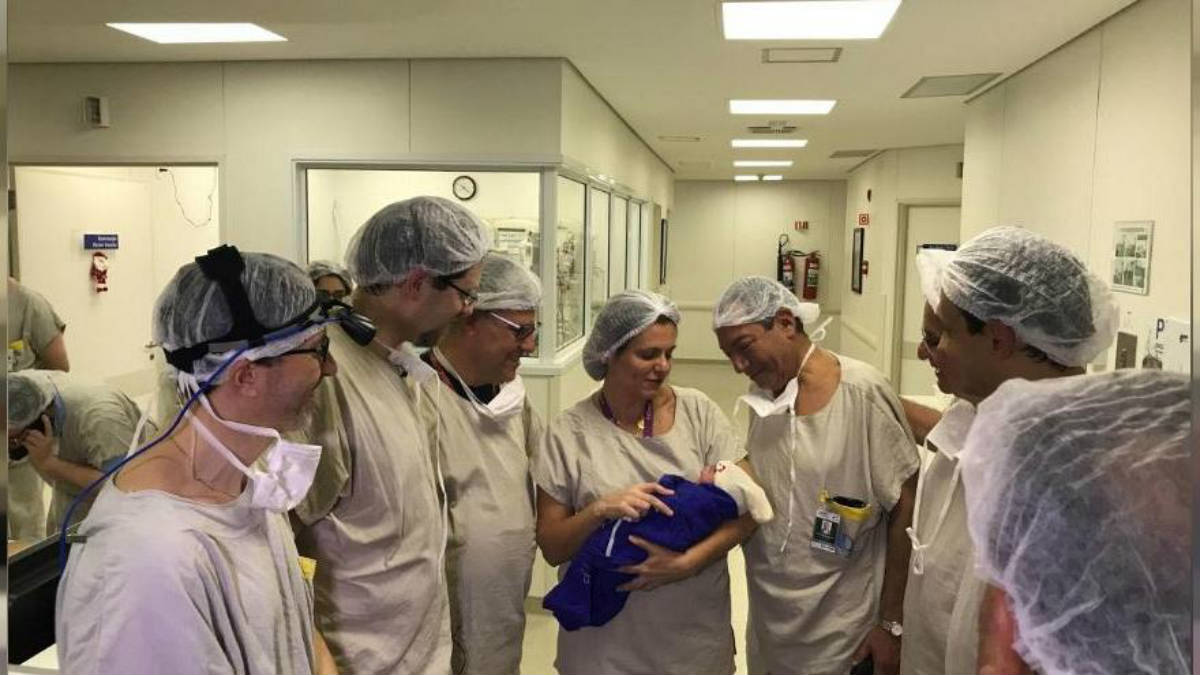
First baby born from uterus of a deceased donor
Brazilian case opens up possibilities for fertility treatment
Currently, uterus donation is only available for women with family members who are willing to donate. With live donors in short supply, using wombs from deceased donors might give more women the option of pregnancy.
This now possible: the first baby gestated in a uterus from a deceased donor, has been born in Brazil. Previously, there have been 10 other uterus transplants from deceased donors attempted in the USA, Czech Republic and Turkey, but this is the first to result in a livebirth. The first childbirth following uterine transplantation from living donors occurred in Sweden in September 2013.
The new findings, published in The Lancet, demonstrate that uterus transplants from deceased donors are feasible. However, the outcomes and effects of donations from live and deceased donors are yet to be compared, and the surgical and immunosuppression techniques will be optimised in the future.
Infertility affects 10-15% of couples of reproductive age. Of this group, one in 500 women have uterine anomalies due to congenital anomalies, or through unexpected malformation, hysterectomy, infection or sometimes abortion. Before the advent of uterus transplants, the only available options to have a child were adoption or surrogacy.
“The use of deceased donors could greatly broaden access to this treatment, and our results provide proof-of-concept for a new option for women with uterine infertility.” says Dr Dani Ejzenberg, of the Universidade de São Paulo, who led the research. “The need for a live donor is a major limitation as donors are rare, typically being willing and eligible family members or close friends. The numbers of people willing and committed to donate organs upon their own deaths are far larger than those of live donors, offering a much wider potential donor population.”
The authors note that transplants from deceased donors might even have some benefits over donations from live donors, including removing surgical risks for a live donor, and that many countries already have well-established national systems to regulate and distribute organ donations from deceased donors.
Interest in deceased donor uterus transplantation is fuelled by problems with surrogacy (too expensive and too fraught legally) and adoption (too much paperwork). But at the moment, a uterus transplant will cost between US$300,000 to $500,000 — and it won’t be covered by health insurance, at least in the US.
Creative commons
https://www.bioedge.org/images/2008images/FB_brazil_womb_transplant.jpg
brazil
uterus transplant
